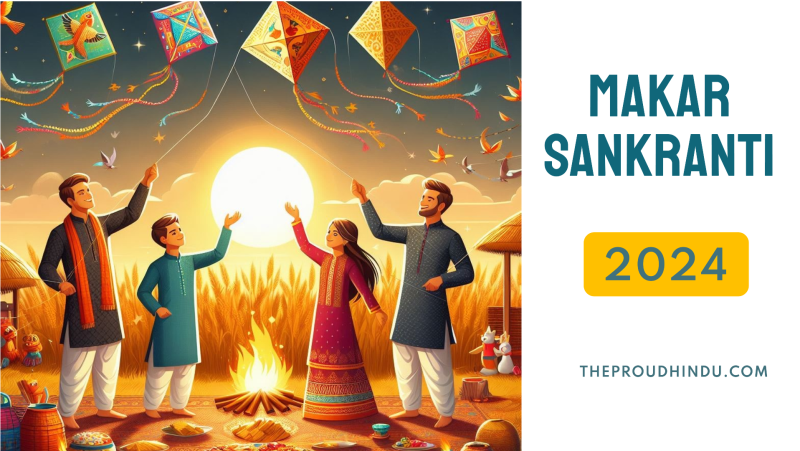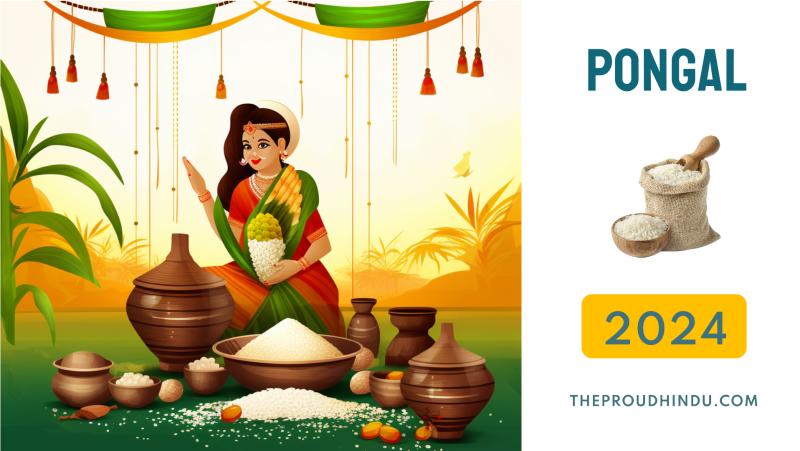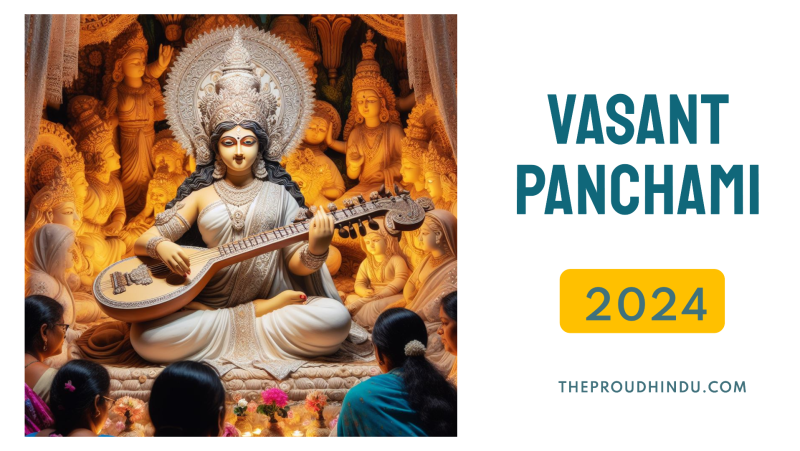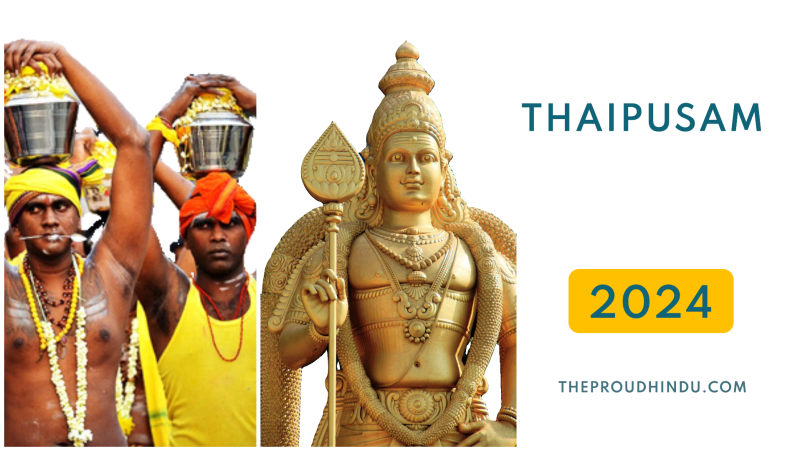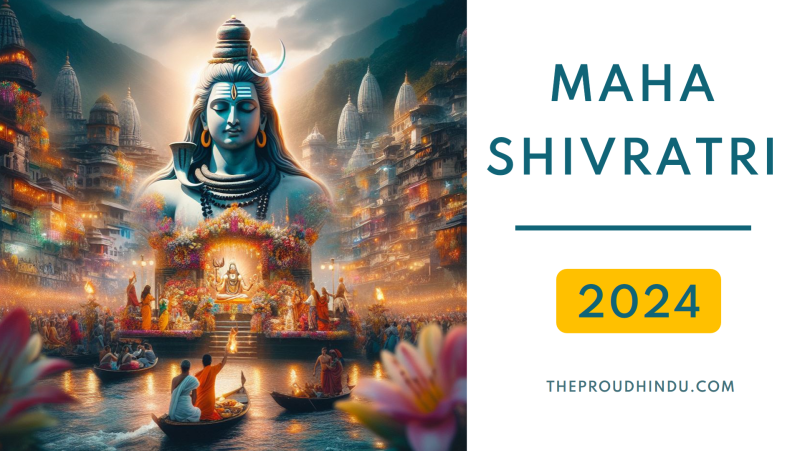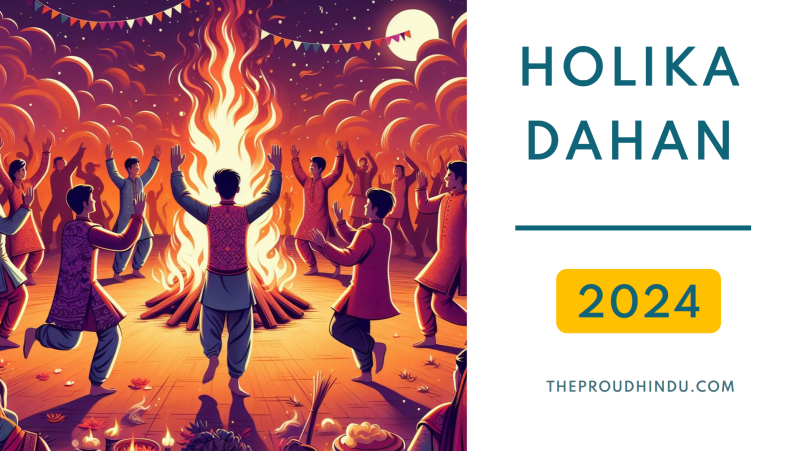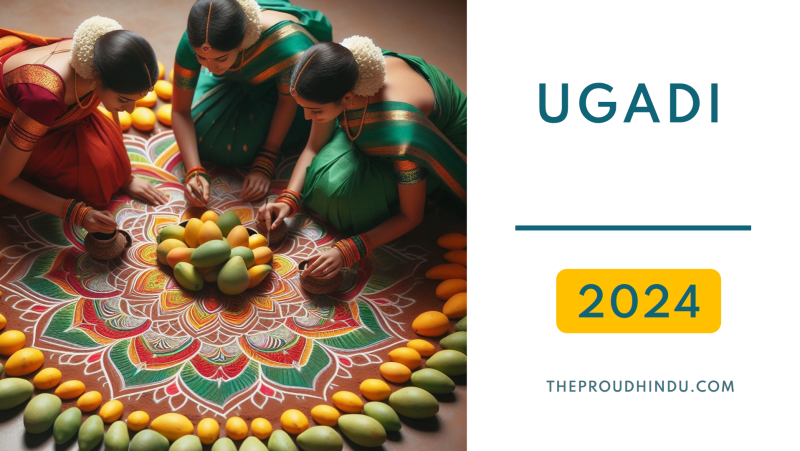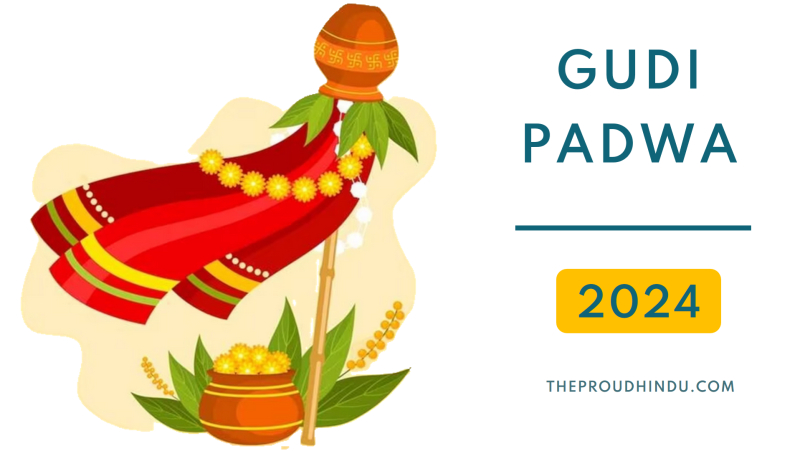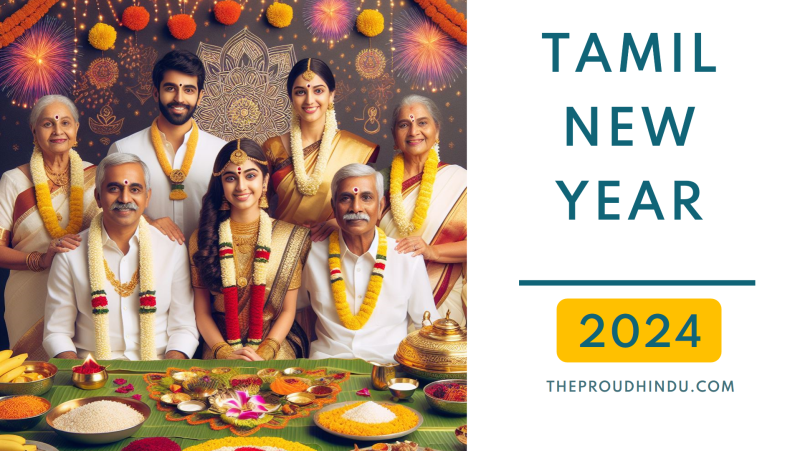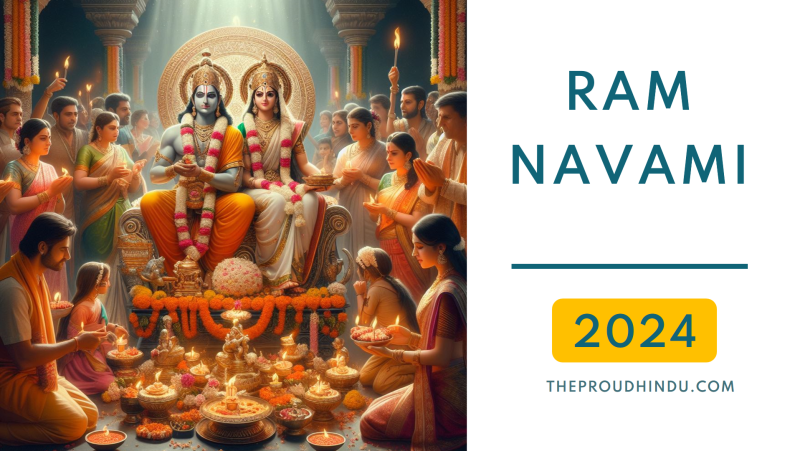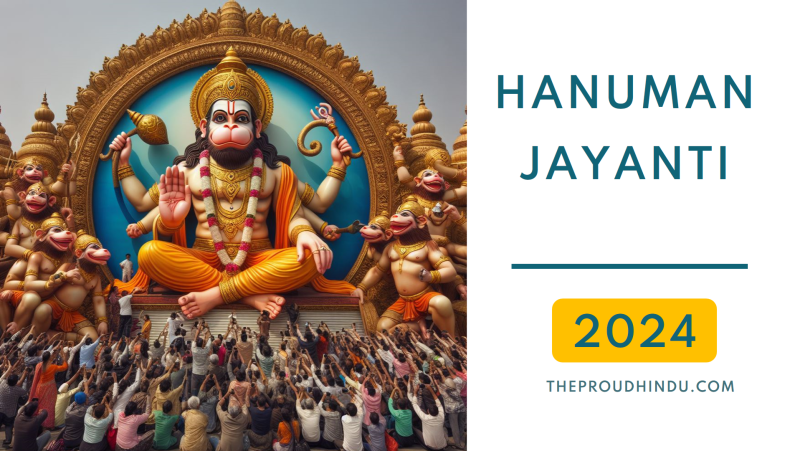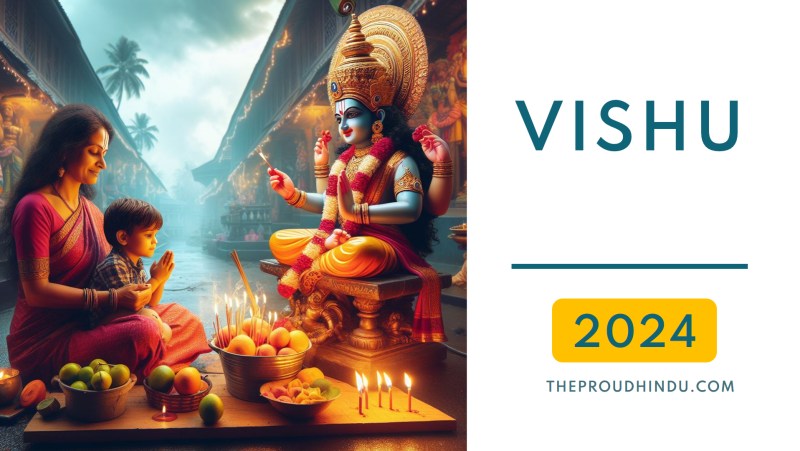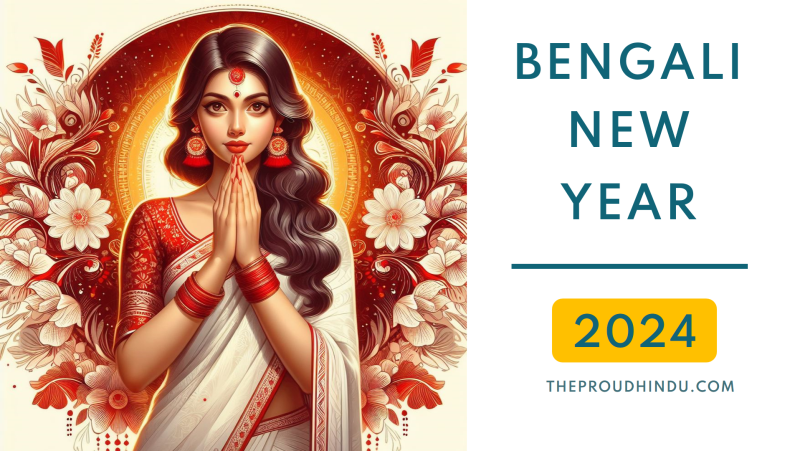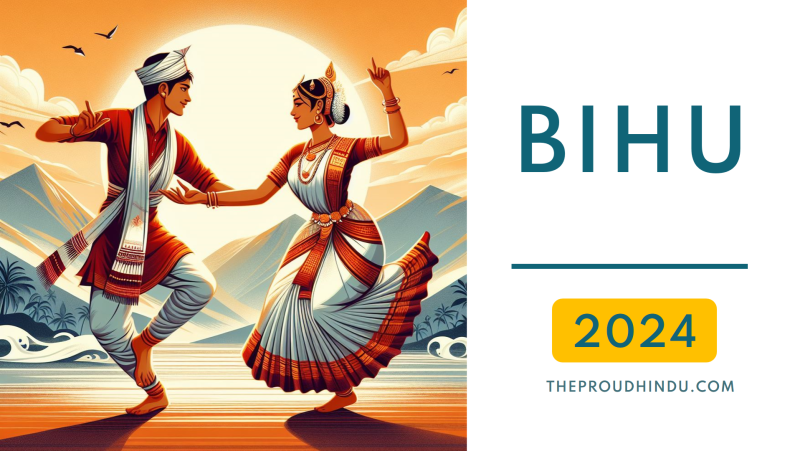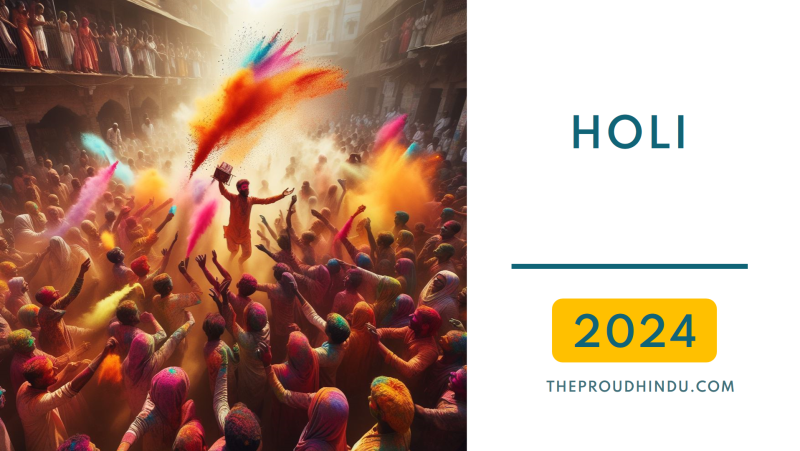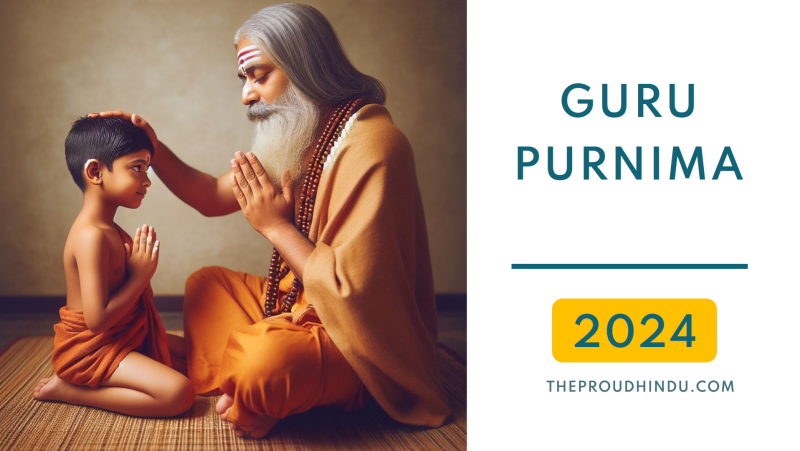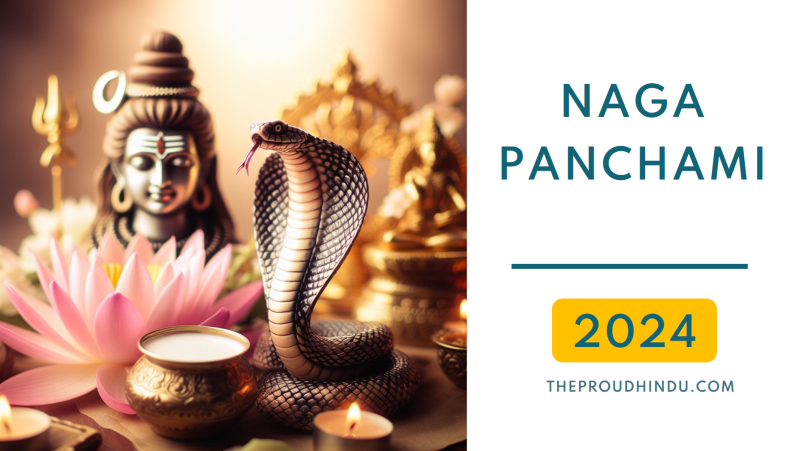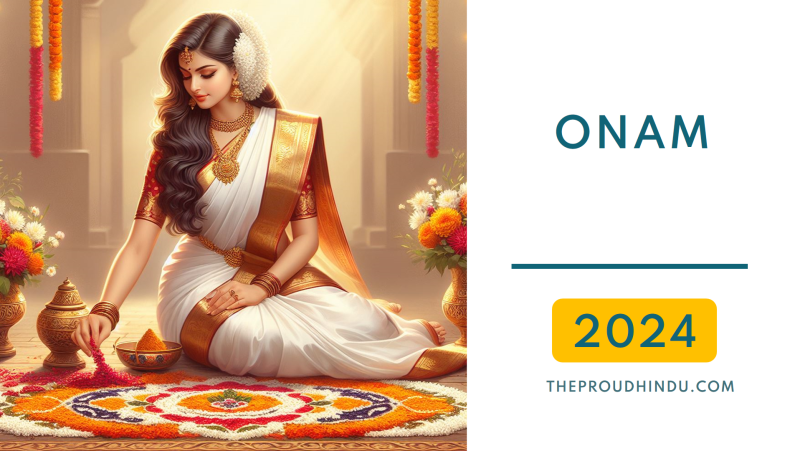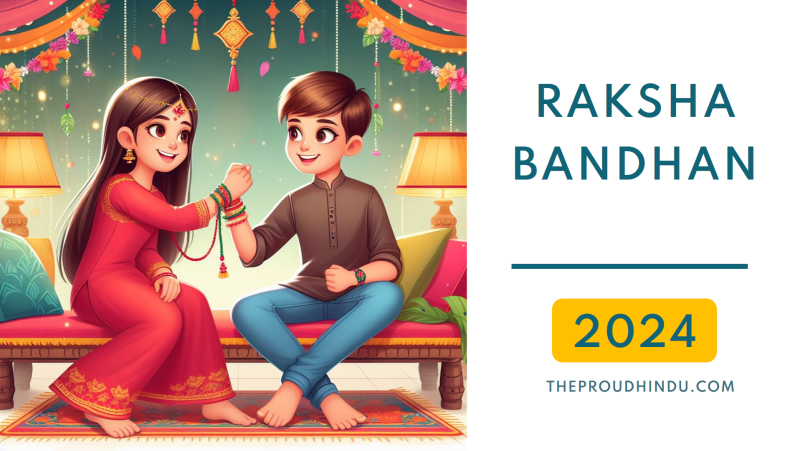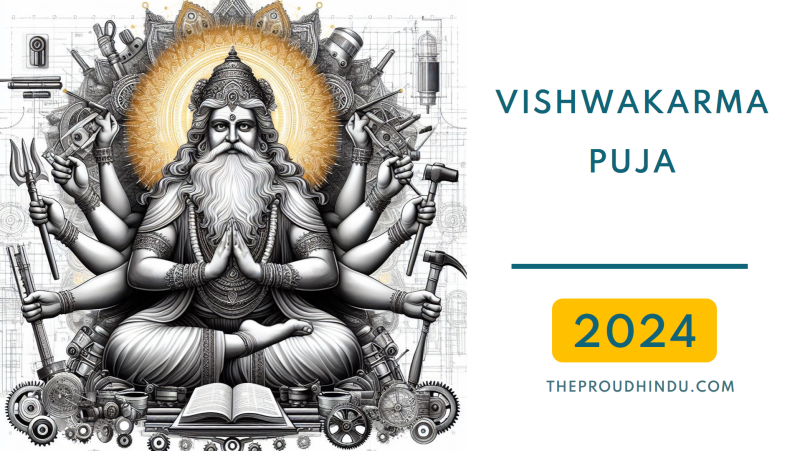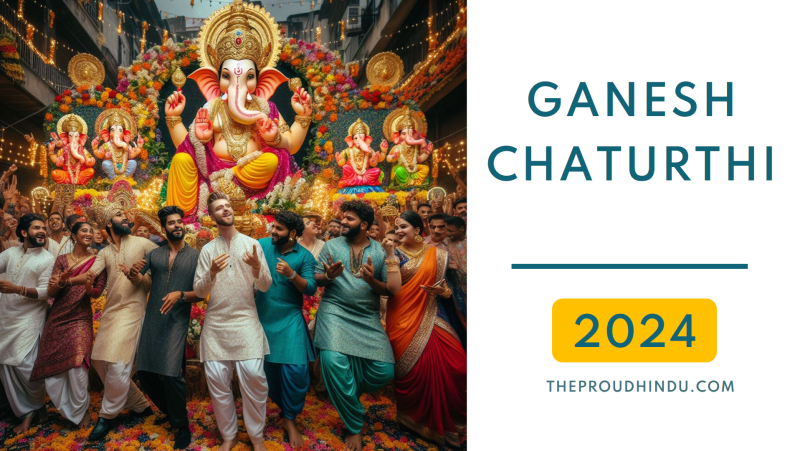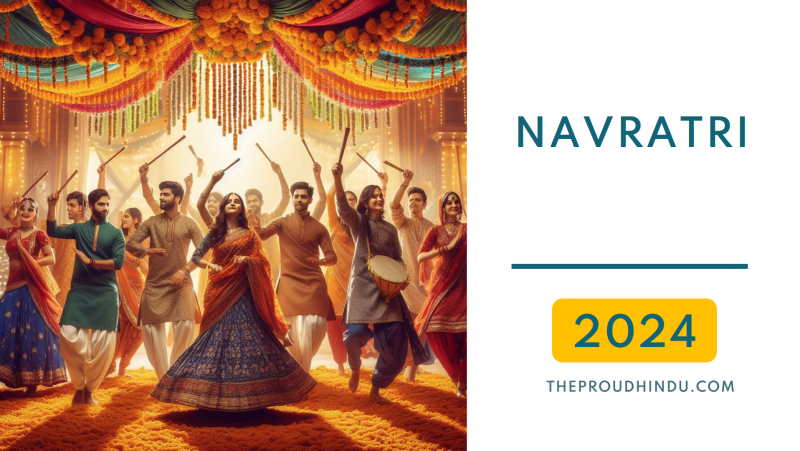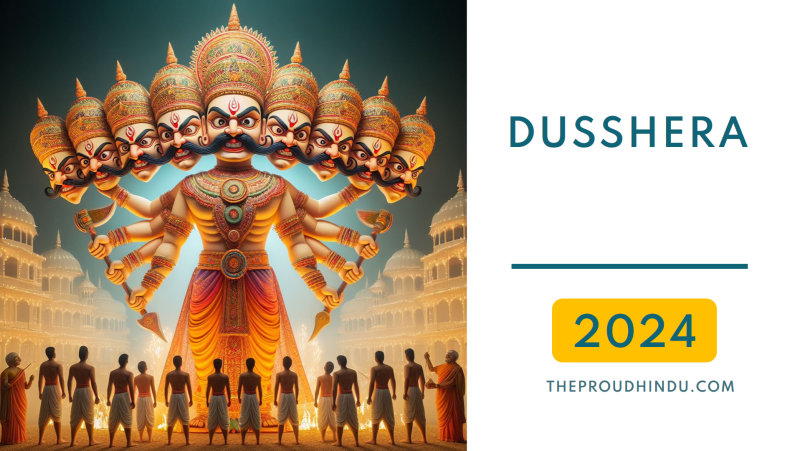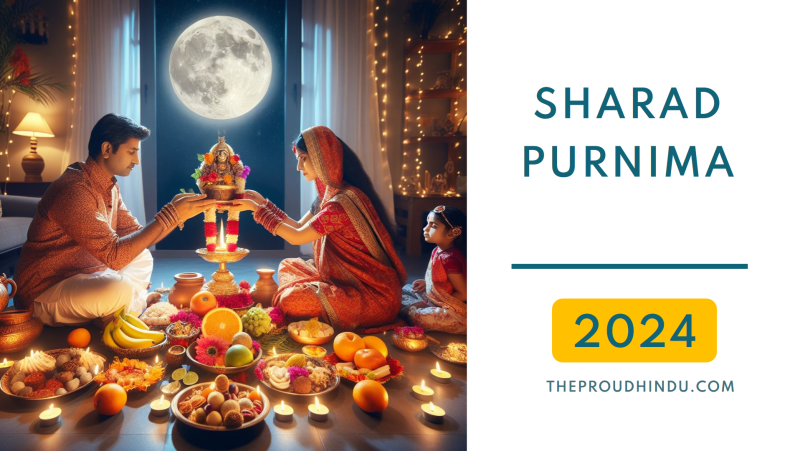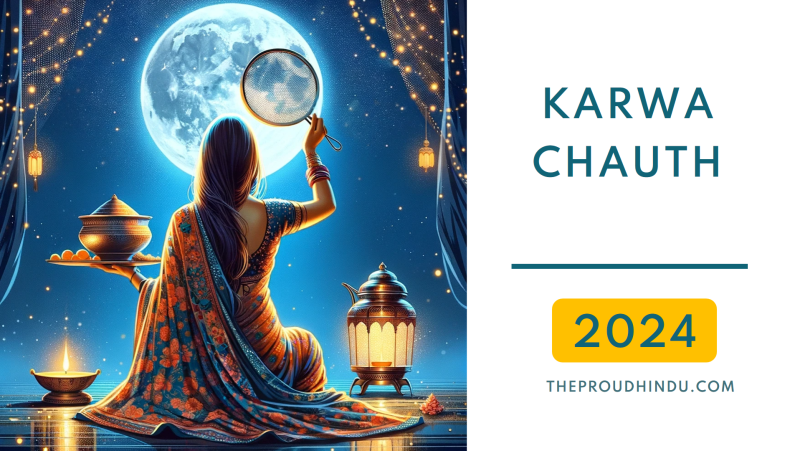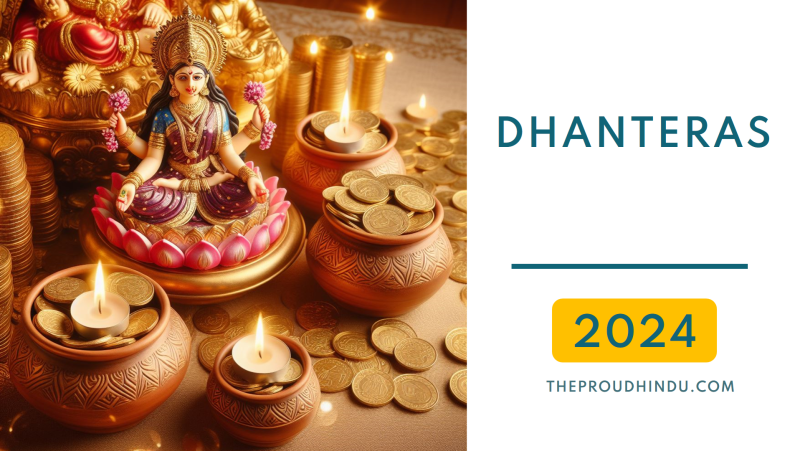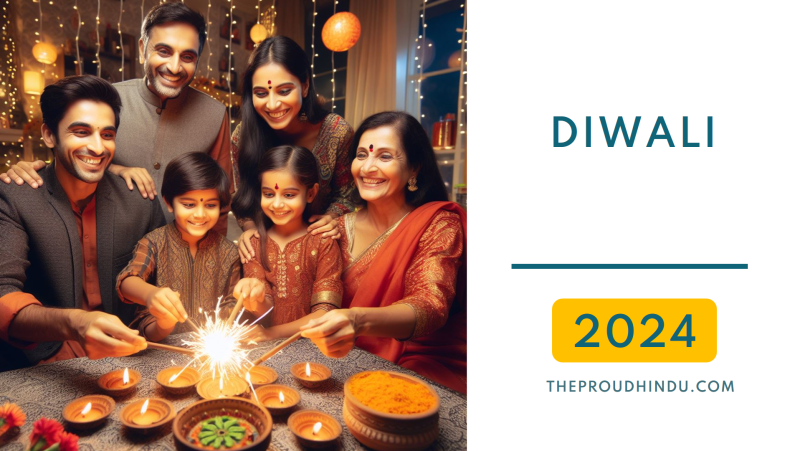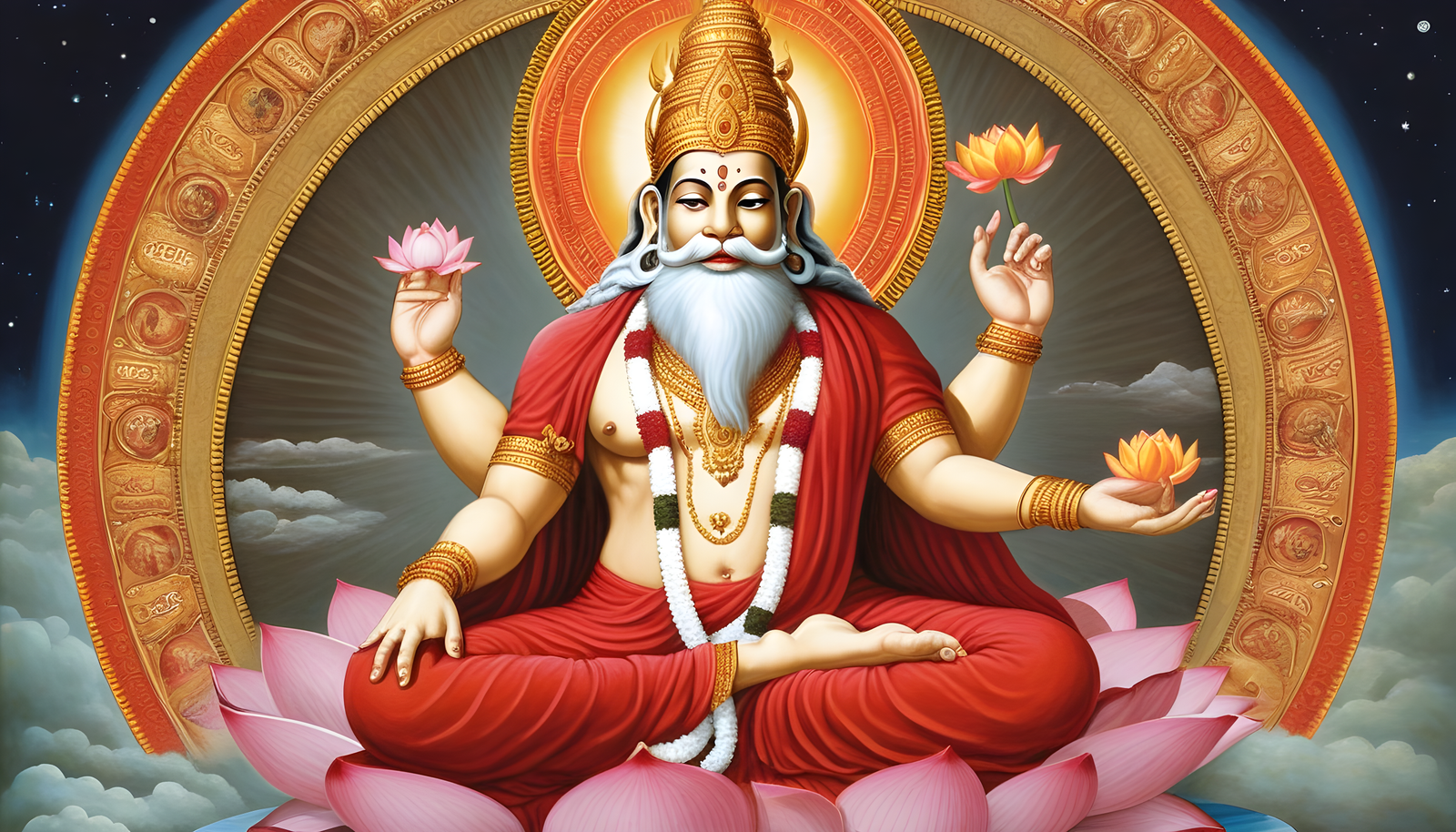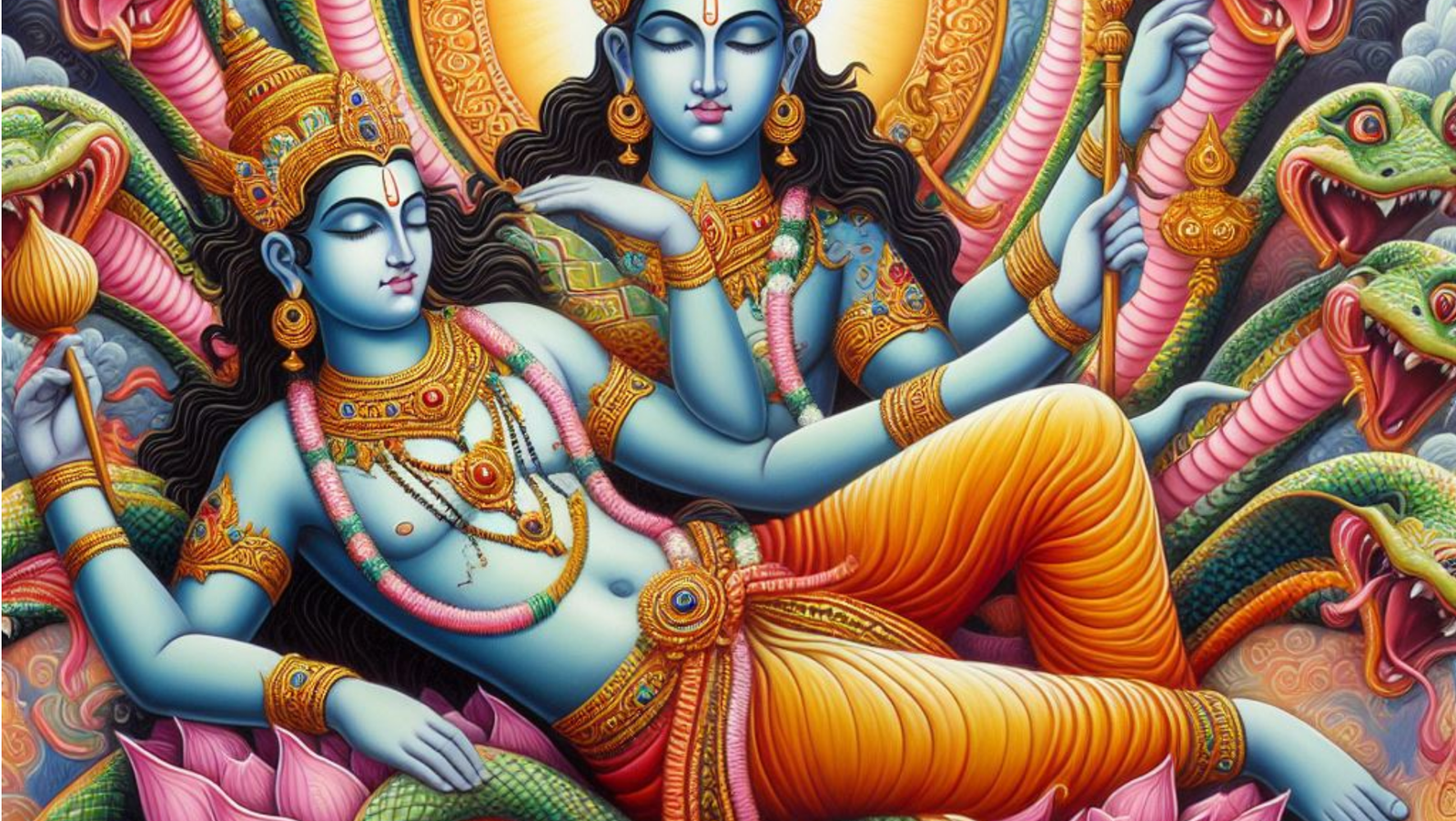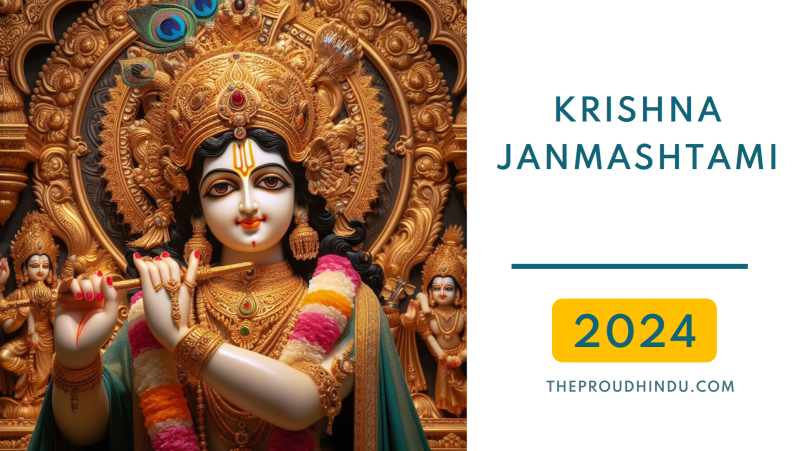
About Janmashtami 2026 Festival Celebration
Krishna Janmashtami, also known as Krishna Jayanthi, krishna ashtami or Gokulashtami, is a joyous Hindu festival celebrated with immense fervor and enthusiasm across India and by Hindu communities worldwide. It marks the birth anniversary of Lord Krishna, the eighth avatar of Lord Vishnu, and is observed on the eighth day (Ashtami) of the Krishna Paksha (dark fortnight) in the Hindu month of Bhadrapada. The festival is characterized by vibrant celebrations, devotional singing, dance, and the retelling of Krishna's divine life through dramatic enactments known as Raslilas. Devotees fast, engage in prayers, visit temples, and engage in midnight celebrations, as it is believed that Lord Krishna was born at midnight. The day is also commemorated by creating elaborate swings or "jhankis" adorned with flowers and decorating Krishna idols. It's a time when communities come together, sharing sweets and joyous moments while seeking blessings for peace, prosperity, and spiritual enlightenment from Lord Krishna. Janmashtami exemplifies devotion, spirituality, and the eternal teachings of Lord Krishna that resonate through generations, inspiring people to embrace righteousness and love.
Janmashtami 2026 Date
Krishna Janmashtami 2026 will be celebrated on Friday,04 September 2026 in India.
What Is The Significance Of Janmashtami In Hinduism
Janmashtami holds immense significance in Hinduism for several reasons:
1. Lord Krishna Birthday: The festival commemorates the birth of Lord Krishna, the eighth incarnation of Lord Vishnu. Lord Krishna is revered as a divine figure and a symbol of love, compassion, and wisdom. His teachings, as conveyed in the Bhagavad Gita, hold philosophical and spiritual importance for Hindus.
2. Victory of Good Over Evil: Krishna's life is intertwined with defeating evil forces such as Kansa, the tyrannical king of Mathura, and various demons. His birth signifies the triumph of righteousness over malevolence and serves as an inspiration for adherents to follow the path of dharma (righteousness) in their lives.
3. Teachings and Philosophy: Lord Krishna's teachings in the Bhagavad Gita, delivered to the warrior Arjuna on the battlefield of Kurukshetra, encompass moral dilemmas, duty, and the path to spiritual enlightenment. His guidance remains relevant and serves as a guiding light for people navigating life's complexities.
4. Devotion and Bhakti: Janmashtami fosters an atmosphere of devotion and bhakti (devotion) among devotees. The celebration involves prayers, devotional songs, recitals of Krishna's stories, fasting, and engaging in various rituals to express reverence and seek blessings from Lord Krishna.
5. Cultural and Social Unity: The festival unites communities, families, and friends who come together to observe rituals, exchange sweets, and participate in cultural programs like dance-dramas (Raslilas) depicting scenes from Krishna's life. It fosters a sense of unity, harmony, and joy among people.
6. Spiritual Enlightenment: Janmashtami encourages individuals to reflect on Krishna's life and teachings, aiming for spiritual growth, self-realization, and a deeper understanding of one's responsibilities and duties towards society.
Janmashtami holds profound religious, cultural, and spiritual significance in Hinduism, emphasizing the eternal message of righteousness, devotion, and the triumph of good over evil.
What Are The Traditional Foods Prepared During Janmashtami
During Shri Krishna Janmashtami, various traditional foods and sweets are prepared as offerings to Lord Krishna and shared among devotees as prasad (blessed food). Some popular dishes prepared during this festival include:
1. Makhan Misri: Makhan (butter) and misri (rock sugar) are often offered to Lord Krishna, symbolizing his fondness for butter.
2. Panjiri: It is a sweet and nutritious dish made with wheat flour, ghee (clarified butter), sugar, nuts, and dried fruits. It's considered an auspicious offering to Lord Krishna.
3. Sweets: Various sweets like kheer (rice pudding), peda (sweetened condensed milk fudge), laddoos (sweet round balls made with flour, sugar, and ghee), and halwa (sweet pudding) are prepared and offered to the deity.
4. Fruits: Lord Krishna is fond of fruits, especially those like bananas, coconuts, and seasonal fruits. These are offered as part of the bhog (offering).
5. Chappan Bhog: Chappan Bhog refers to a platter of 56 different food items offered to Lord Krishna. It includes a wide variety of sweets, savories, fruits, and other delicacies.
6. Dahi Handi: Another tradition associated with Janmashtami is the Dahi Handi celebration, where a human pyramid is formed to break a pot filled with yogurt (dahi). After the pot is broken, the yogurt and its contents are shared among participants as prasad.
These foods are prepared with devotion and offered to Lord Krishna during puja (prayers) and later distributed among devotees as a symbol of blessings and divine grace. Additionally, many people observe a fast on Janmashtami and consume only sattvic (pure) foods after the midnight celebration when Lord Krishna is believed to have been born.
Krishna Janmashtami Decoration At Home
Decorating homes during Lord Krishna Janmashtami adds to the festive spirit and creates a beautiful ambiance to honor Lord Krishna's birth. Here are some simple yet elegant decoration ideas for Krishna Janmashtami at home:
1. Floral Decor: Adorn your home with vibrant and fragrant flowers. Create rangoli designs at the entrance using flower petals or colored powders to welcome guests and mark the auspicious occasion.
2. Jhankis (Displays): Set up jhankis or small displays depicting scenes from Lord Krishna's life using idols, pictures, or figurines. Scenes like Krishna's birth in the jail, the Govardhan hill lifting, or playing the flute can be showcased decoratively.
3. Swing (Jhula) Decoration: Decorate swings or jhulas with colorful flowers, garlands, and fabrics. Hang small idols or images of baby Krishna on the swing and embellish it with lights for an enchanting look.
4. Candle and Diya Decor: Use candles, diyas (oil lamps), or decorative lights to illuminate your home. Place them near the jhankis or around the altar to create a serene atmosphere.
5. Toran (Door Hangings): Make torans or door hangings using fresh or artificial flowers, mango leaves, or decorative beads. These symbolize prosperity and invite positive energy into the house.
6. Krishna Idols and Wall Hangings: Display idols or pictures of Lord Krishna in different areas of your home. Adorn walls with traditional paintings or wall hangings depicting Krishna's life.
7. Traditional Fabrics and Drapes: Use colorful fabrics like silk or cotton to drape around doorways, windows, and walls. You can use dupattas, saris, or traditional cloths to add a festive touch.
8. Fruit and Flower Arrangements: Arrange fruits, especially those liked by Lord Krishna like bananas and coconuts, in decorative bowls or plates. Combine them with flowers for attractive centerpieces.
9. Bhajan and Kirtan Corner: Designate a serene corner for bhajans (devotional songs) or kirtans (devotional music). Place cushions or mats for seating and adorn the area with incense, candles, or spiritual artifacts.
Remember, the essence of Janmashtami lies in devotion and celebration. These simple yet thoughtful decorations can create an auspicious and joyous ambiance at home to honor Lord Krishna and celebrate this auspicious occasion with family and friends.
Decorating a Krishna statue or idol at home for Janmashtami
Decorating a Krishna statue or idol at home for Janmashtami can be a wonderful way to celebrate the auspicious occasion. Here are some specific ideas to decorate the Krishna statue on Janmashtami:
1. Flower Decor: Adorn the Krishna statue with beautiful flower garlands. Choose vibrant and fragrant flowers such as marigolds, jasmine, or roses. Drape these garlands around the neck, shoulders, and arms of the idol to enhance its beauty.
2. Cloth Draping: Dress the Krishna statue in colorful fabric or traditional attire. Wrap a silk cloth or a bright-colored dhoti around the waist of the idol. You can also use a stole or shawl to drape around the shoulders of the statue.
3. Jewelry and Accessories: Decorate the idol with small jewelry pieces if appropriate. Place tiny earrings, necklaces, bracelets, or anklets on the statue to accentuate its appearance. You can also adorn the idol with peacock feathers, bracelets, or other accessories to add charm.
4. Lighting: Illuminate the area around the Krishna statue with diyas (oil lamps), candles, or decorative lights. Placing these around the idol creates a serene and divine atmosphere.
5. Fruit and Sweet Offerings: Display fruits, especially those cherished by Lord Krishna such as bananas or mangoes, near the statue. Additionally, keep homemade sweets or prasad like laddoos or kheer in front of the idol as an offering.
6. Rangoli or Floral Arrangements: Create a rangoli or floral design around the area where the Krishna statue is placed. Use flower petals, colored powders, or fresh flowers to make a beautiful design to honor Lord Krishna.
7. Incense and Bhajans: Light incense sticks near the idol during prayers or while singing devotional songs (bhajans). The fragrance of incense adds to the sanctity of the space.
While decorating the Krishna statue on Janmashtami, do so with reverence and devotion, ensuring that the decorations reflect the celebration and honor the divine presence of Lord Krishna.
What Are The Rituals Involved In Janmashtami Pooja
Performing Janmashtami puja (worship) at home is a significant way to celebrate the birth of Lord Krishna. Here is a general outline for Janmashtami puja:
1. Preparation:
• Clean the house and the puja area.
• Place a clean cloth or an altar in the chosen area.
• Set up idols or images of Lord Krishna, Radha (if available), or any deity associated with Krishna.
• Arrange necessary puja items: incense sticks, camphor, ghee/oil lamp, flowers, fruits, sweets, water, a bell, a conch shell, turmeric, kumkum (vermilion), and sandalwood paste.
2. Puja Vidhi (Worship Ritual):
• Offer water (achamana) to purify oneself.
• Light the oil lamp and incense sticks to purify the surroundings and create a sacred atmosphere.
• Recite prayers or mantras dedicated to Lord Krishna. The Vishnu Sahasranama or the Krishna Ashtakam are commonly chanted.
• Perform abhishekam (ritual bathing) of the idol with water, milk, ghee, curd, and honey, while chanting mantras.
• Offer flowers, fruits, sweets, and other delicacies to Lord Krishna as bhog (offering). Wave the lamp or incense sticks in a circular motion in front of the idol.
• Offer dakshina (symbolic offering of money or grains) to the priest or anyone performing the puja.
• Sing devotional songs (bhajans) dedicated to Lord Krishna.
• Finally, perform aarti (waving of light) to conclude the puja. Ring the bell and sing the aarti song while waving the light in a clockwise motion.
3. Observance and Fasting:
• Some devotees observe a fast until midnight, when Lord Krishna was believed to be born. Others may opt for a partial fast, consuming only milk or fruits.
4. Midnight Celebrations:
• At midnight, which marks Krishna's birth hour, perform special prayers or aarti to celebrate the moment of Krishna's birth. Some households may sing songs or read from the Bhagavad Gita.
Throughout the puja, maintain a sincere and devout attitude, expressing love and devotion towards Lord Krishna. The rituals can be customized based on family traditions or personal preferences while keeping the essence of devotion and reverence intact.
How Is Janmashtami Celebrated In Different Parts Of India
Janmashtami, the birth celebration of Lord Krishna, is observed with great enthusiasm and diverse customs across various regions in India. Here's a glimpse of how Janmashtami is celebrated in different parts of the country:
1. Mathura and Vrindavan, Uttar Pradesh:
• These cities, closely associated with Lord Krishna's life, witness grand celebrations. Devotees visit temples like the Banke Bihari Temple and ISKCON Temple.
• Raslilas (dramatic enactments of Krishna's life) are performed depicting Krishna's childhood exploits.
• Dahi Handi competitions take place, where teams form human pyramids to break pots filled with curd or butter, symbolizing Krishna's mischievous nature.
2. Maharashtra:
• Mumbai and Pune host vibrant Dahi Handi events where teams, called Govinda Pathaks, participate in forming human pyramids to reach and break the dahi handi.
• Temples like ISKCON and local Krishna temples organize elaborate pujas, bhajans, and midnight aarti.
3. Gujarat:
• In Gujarat, especially in cities like Dwarka and Ahmedabad, devotees observe fasts and offer prayers at Krishna temples.
• In some regions, they create chhaakadi (decorative patterns) with colored powders or flowers.
4. Bengal:
• Janmashtami is celebrated as "Janmashtami" or "Gokulashtami" with great fervor. Devotees fast until midnight and then celebrate Krishna's birth with pujas and bhajans.
• Cultural programs, recitations from scriptures like the Bhagavad Gita, and Krishna-related plays (Jhulan Yatra) are organized.
5. South India (Tamil Nadu, Karnataka, Andhra Pradesh, Kerala):
• In Tamil Nadu, households display kolams (rangoli designs) and create footprints from the entrance to the puja room, symbolizing Krishna's arrival.
• Special pujas, abhishekams (ritualistic baths), and bhajans take place in temples and homes.
6. Rajasthan and Punjab:
• These states celebrate with fervor, organizing processions, and community events. People dress up as Lord Krishna or Radha and perform dances or skits.
• Temples and local communities organize cultural programs, bhajan sessions, and traditional dances.
7. Kerala:
• In Guruvayur and other Krishna temples, special rituals and pujas are conducted.
• Some devotees keep strict fasts, and houses are adorned with decorations and lamps.
The celebrations vary in customs, rituals, and fervor, but the essence remains the same – to honor Lord Krishna's birth with devotion, prayers, and joyous festivities.
krishna Janmashtami Date
| Year | Date | Day |
|---|---|---|
| krishna Janmashtami 2023 Date | 06 September 2023 | Wednesday |
| krishna Janmashtami 2024 Date | 26 August 2024 | Monday |
| krishna Janmashtami 2025 Date | 16 August 2025 | Saturday |
| krishna Janmashtami 2026 Date | 04 September 2026 | Friday |
| krishna Janmashtami 2027 Date | 25 August 2027 | Wednesday |
You may also like …
Are You The Proud Hindu?
The Trimurti
Create an account to join us and start taking part in conversations.
SIGNIN
